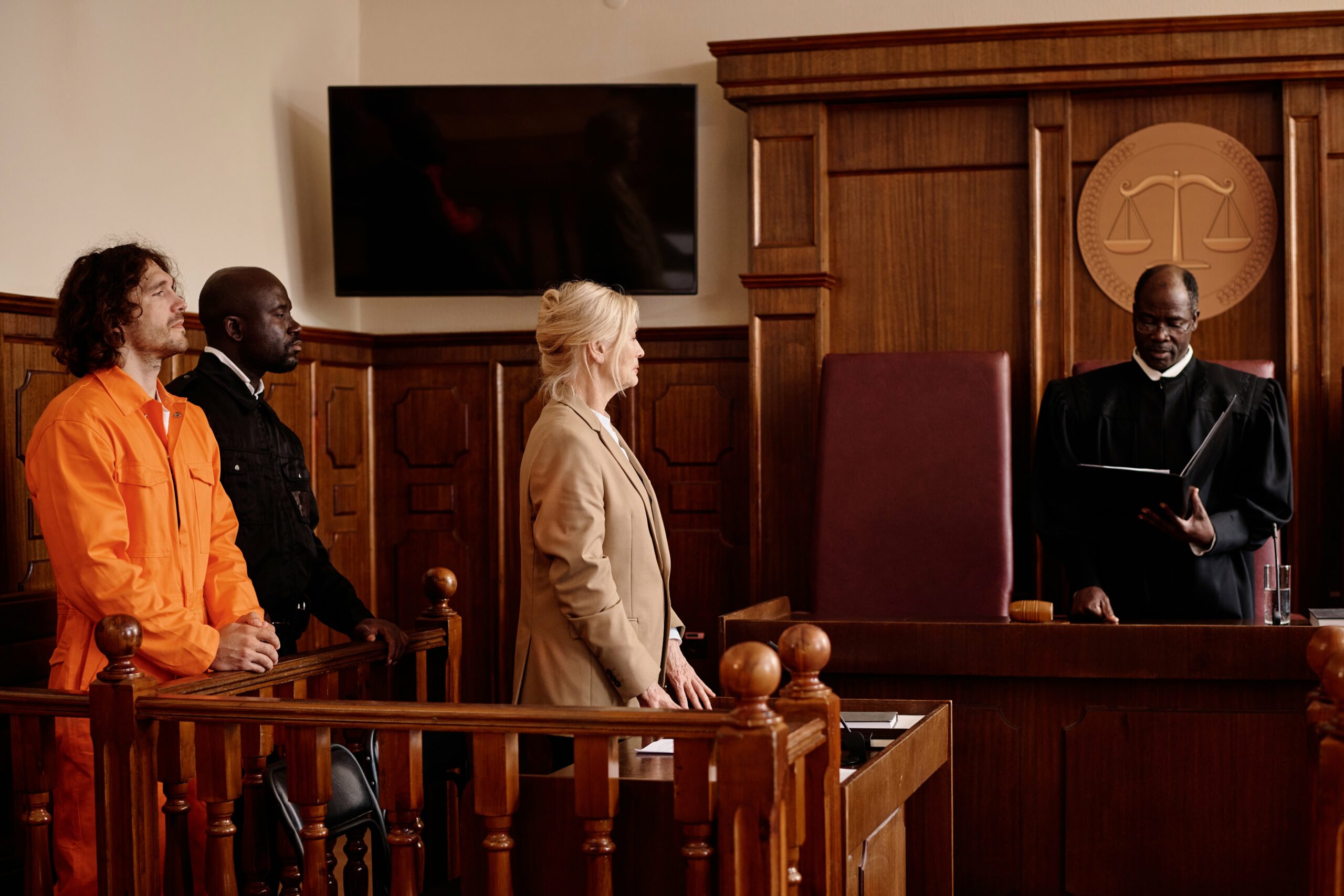Facing criminal charges can be overwhelming, but understanding the legal landscape can help alleviate some of the stress. One critical aspect is how strong the prosecution’s case is against you. If their case is weak, there is a possibility that it could be dismissed.
There are often signs that indicate a weak criminal case. Here are seven signs that indicate the prosecution may not have a strong case.
1. Lack of Evidence
The cornerstone of any criminal prosecution is evidence. The prosecution’s case is significantly weakened without sufficient evidence to support the charges.
Evidence can include physical items, witness testimony, forensic data, or digital information. The defense can argue for dismissal if the evidence is lacking or non-existent. For example, the case may be deemed insufficient if the prosecution cannot provide a direct link between the defendant and the crime scene.
2. Unreliable Witnesses
Witness testimony can make or break a case. However, the credibility of witnesses is crucial. The defense can challenge their testimonies if witnesses have inconsistent stories, known biases, or questionable reliability.
For instance, if a key witness has a criminal background or a history of dishonesty, the defense can argue that their testimony is unreliable. Additionally, if witnesses recant their statements or fail to appear in court, the prosecution’s case weakens considerably.
3. Constitutional Violations
The Constitution provides several protections for defendants, including the right to a fair trial, the right to remain silent, and protection against unlawful searches and seizures. If law enforcement officials violate these rights, any evidence obtained through these violations can be suppressed or excluded from the trial.
For example, if the police search without a warrant or probable cause, the evidence found could be deemed inadmissible. Without this evidence, the prosecution’s case might fall apart, leading to a dismissal.
4. Procedural Errors
Criminal cases follow strict procedural rules. Any deviation from these rules can result in the dismissal of the case. Procedural errors can include:
- Failing to file charges within the statute of limitations
- Mishandling evidence
- Improper conduct by law enforcement officials.
If the defense can demonstrate that such errors occurred, they can file a motion to dismiss the charges. For example, if evidence was not adequately preserved or documented, the defense could argue that the integrity of the case has been compromised.
5. Insufficient Proof of Guilt
In criminal cases, the prosecution must prove the defendant’s guilt beyond a reasonable doubt. This is a high standard; if the prosecution cannot meet it, the case may not proceed to trial.
During pre-trial hearings, the defense can challenge the sufficiency of the evidence. The case can be dismissed if the judge agrees that the evidence is insufficient to support a conviction. For instance, if the prosecution’s case relies heavily on circumstantial evidence without direct proof of guilt, the defense can argue that there is reasonable doubt.
6. Weaknesses in the Prosecution’s Theory
Every criminal case is built around a narrative or theory of the crime. If the prosecution’s theory has significant weaknesses or gaps, it can lead to a dismissal.
This can include inconsistencies in the timeline of events, lack of motive, or implausible explanations for the defendant’s actions. If the defense can highlight these weaknesses, they can argue that the case should not proceed. For example, if the prosecution cannot establish a clear motive for why the defendant would commit the crime, it casts doubt on the entire case.
7. Lack of Cooperation from Witnesses or Victims
Sometimes, the victims or key witnesses may become uncooperative, refusing to testify or provide necessary information. Without their cooperation, the prosecution may struggle to build a strong case.
For instance, if a victim decides not to press charges or refuses to testify in court, the prosecution may not have enough evidence to proceed. In scenarios like this, the case may be dismissed due to the lack of critical testimony.
Turn to Jeremy Widder Law for the Legal Representation You Deserve in Your Criminal Case
While facing criminal charges is undoubtedly stressful, recognizing the signs of a weak prosecution case can provide relief. Working closely with a skilled defense attorney who can identify and leverage these weaknesses to your advantage is crucial. Understanding these signs can empower you and contribute to a more favorable outcome.
At Jeremy Widder Law, we are dedicated to fighting for your rights and securing the best possible outcome for your case. We will stand by your side throughout the legal process and provide the exceptional legal representation you deserve.
We specialize in meticulously analyzing every aspect of the prosecution’s case to identify weaknesses. Mr. Widder is an experienced criminal defense attorney adept at scrutinizing evidence, challenging unreliable testimonies, exposing procedural errors, and safeguarding your constitutional rights. By leveraging our expertise, we can effectively dismantle the prosecution’s case, increasing the likelihood of dismissal and ensuring the best possible outcome for our clients.
Contact us today to schedule a consultation.






